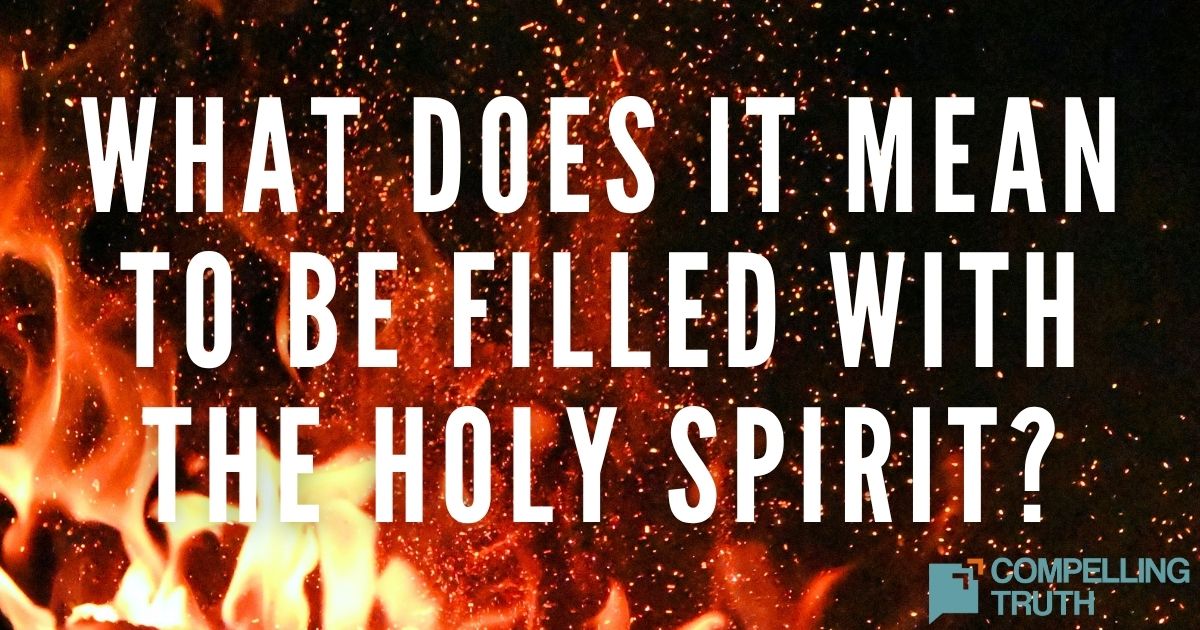what does the bible say?
Power is the ability to act effectively and the capacity to direct or influence others’ behavior or the course of events. These two definitions accurately describe the power of the Holy Spirit. Because the power of the Holy Spirit is literally the power of God, His ability to act and influence is infinite, unlimited, and eternal. In this way, the power of the Holy Spirit is different from any other kind of power.
In the Old Testament, the Holy Spirit came upon people to equip them for certain tasks. For example, Exodus 31 speaks of the Spirit temporarily in-filling Bezalel to create beautiful designs for tabernacle items. In Judges, the Spirit often came upon Samson to allow him to perform supernatural feats of strength (Judges 14:6, 19; 15:14). The New Testament teaches that believers receive the indwelling Holy Spirit upon salvation (Acts 2:38; Romans 8:9; Ephesians 1:13-14). Because of the power of the Spirit, Christ’s disciples spoke boldly even amid persecution (Acts 5:29; 1 Corinthians 2:4-5). The Holy Spirit’s power indwells believers today and empowers us to stand strong in the faith.




